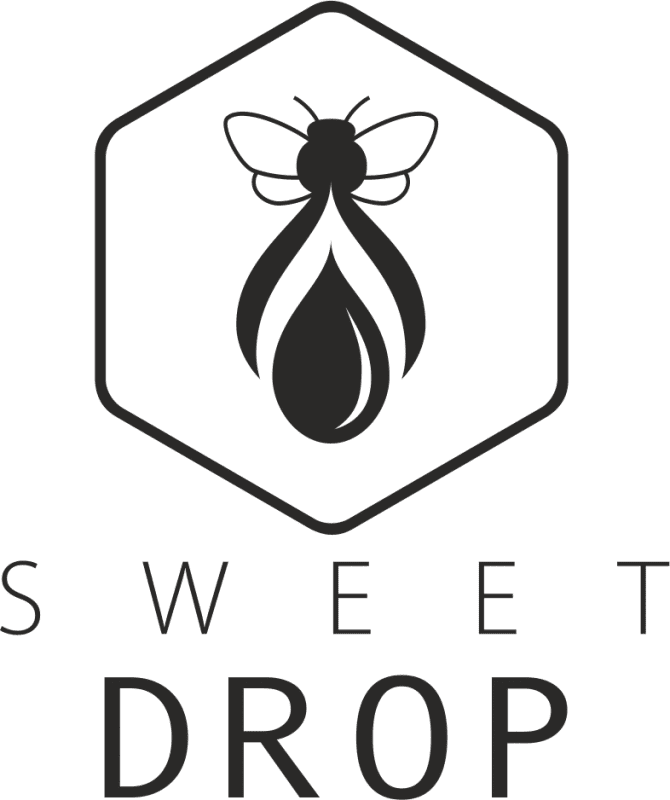Apitherapy, Bee Bread, Bee Pollen, Health
Nutritional Properties of Pollen and Bee Bread
A. Kajas in the book “Pollen” (1976) indicates that no other natural product can match the amount of elements needed by the human body in pollen. 90 percent of the substances in pollen are easily digestible and necessary for the human body. They contain 10-20 percent water, 7-50.2 percent protein, 0.5-14.4 percent fat, 13.1-62.4 percent carbohydrates, 0.9-6.3 percent minerals, plenty of enzymes, hormones, pigments and vitamins. Pollen contains all the amino acids needed by the human body, so A. Kajas suggests that everyone use pollen without waiting for illness. They strengthen not only the human nervous system, but also the whole body. He advises using pollen in several ways: eating it pure and mixing it with other products, then it tastes better. For the elderly, it is advisable to eat about 20 g of pollen per day.
It was believed that pollen should be the ideal food that satisfies all vital processes. Research by many scientists has confirmed this.
Calculations show that 100 g of pollen contains as many amino acids as half a kilogram of beef or seven eggs. Therefore, 30 g of pollen is enough to meet the daily protein requirement of an adult. After all, only 2 scraped teaspoons.
According to Assoc. A. Baltuskevičius, pollen alone is not a cure, but it can increase the effect of treatment, help to recover strength faster after an illness. As a complete product, they are suitable for patients with anemia, hepatitis, diabetes, digestive tract, kidney and liver disorders, prostate diseases, nervous depression, and climacteric neurosis. However, these are not all the valuable properties of pollen.
Food products:
| amino acids | beef | eggs | cheese | pollen | human demand on average per day |
| isoleucine | 0.93 | 0.85 | 1.74 | 4.5 | 2.7 |
| leucine | 1.28 | 1.17 | 2.83 | 6.7 | 4.0 |
| lysine | 1.45 | 0.93 | 2.34 | 5.7 | 3.0 |
| methionine | 0.42 | 0.39 | 0.80 | 1.8 | 2.1 |
| phenylalanine | 0.66 | 0.69 | 1.43 | 3.8 | 4.2 |
| threonine | 0.81 | 0.67 | 1.38 | 4.0 | 2.0 |
| tryptophan | 0.20 | 0.20 | 0.34 | 1.3 | 0.5 |
| valine | 0.91 | 0.9 | 2.0 | 5.7 | 3.0 |
These data, according to P. Uccusic, 1999, show how pollen effectively supplies the human body with amino acids in percentage.
Pollen protects the body from infections, and in addition to the vitamin complex, it contains minerals – iron, calcium, phosphorus, manganese, copper, silicon, chlorine, potassium. Can be used as a food supplement, helping to balance the daily rate of nutrients. A spoonful of pollen dissolved in a glass of cold or warm water, tea or infusion is stronger than coffee. As advised by Dr. A. Baltuskevičius, you can mix pollen into yogurt. He also points out that children who get pollen protein in their diet grow bigger and healthier. Pollen increases the amount of hemoglobin in the blood, helps to gain weight when you lose weight.
Foreign nutritionists have presented various recipes for the use of pollen. However, it should be remembered that pollen can be mixed with milk, kefir or juice, only such a drink should be consumed immediately. In Spain, pollen is added to various foods.
Scientists say that there are no allergens in pollen. Pollen is mixed by bees with nectar and enzymes secreted by the bees’ secretory glands. Allergens are broken down by enzymes.



